CARGO – of Dust and Ashes
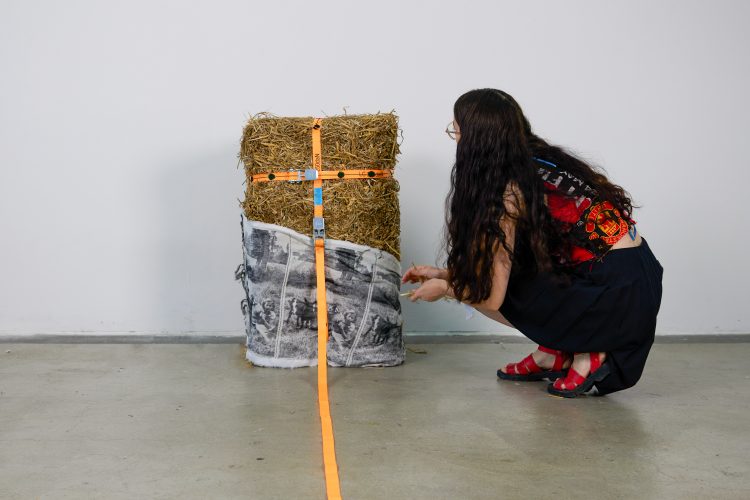
CARGO
– of Dust and Ashes
exhibition featuring works of Charly Bechaimont (FR), Anita Horváth (HU), Lila Loisse (UK)
Curated by RomaMoMA | Emese Molnár
August 2nd marks the 80th anniversary of the Roma Holocaust, a repressed trauma that has only recently resurfaced thanks to the intellectual and political efforts of Romani elites beginning in the 1960s. In memory of all 500,000 Roma and Sinti murdered in Nazi-occupied Europe, ERIAC presents the exhibition CARGO – of Dust and Ashes and invites to a collective reconstruction of history, through the lenses of the youngest generations of artists of Roma origin.
A melancholy embrace in the form of a backpack of hay and fading memories. A heavy suitcase filled with cement. Not of the dust of the road, but of broken pieces of the road itself. The path has become a burden; it is unbearable to carry on. Whose road is this, and who is able to continue on the way?
To commemorate European Holocaust Memorial Day for Roma and Sinti, these three artists, Charly Bechaimont (FR), Anita Horváth (HU), and Lila Loisse (UK), representing a range of Roma communities from across Europe, embark on a journey to uncover their own personal histories – of their ancestors, and of their broader communities. They explore the ways that trauma is transmitted through layers of generations, aiming to create spaces for our shared memory. By collectively reconstructing their past—a lieux de mémoire of this overwhelming and burdensome legacy – they cast light on a weight that is unseen, yet continues to exert its destructive presence upon the lives of Roma, Sinti, and Traveller communities across Europe.
On the opening day of the exhibition, we will come together to collectively ask, is it possible to walk the line without continuing to bear the burden of our “Cargo”?
Opening on July 31, 6 pm CET
The opening event features a performance piece and installation by Charly Bechaimont, The Taste of Blood, during which the artist delves into a deeply personal yet universally resonant exploration of memory, identity, and historical silence. The performance is followed by a panel discussion with the artists, in conversation with independent curator Isabel Raabe, one of the initiators of RomArchive – Digital Archive of Sinti and Roma.
18:00 Welcoming words by Timea Junghaus, executive director of ERIAC
18:30 The Taste of Blood – performance piece by Charly Bechaimont
19:00 Reconstructing History “from Dust and Ashes” – the artists in conversation with Isabel Raabe, independent curator.
Charly Bechaimont (1991), born in Saint-Dié-Des-Vosges, France, is a graduate of the École Supérieure d’Art et de Design de Reims and winner of the Prix Prisme 2022. Based in the Grand-Est region of France, his work is largely transdisciplinary. His practice is mainly autobiographical, taking as its starting point his belonging to the travelling community, but also his homosexuality and the conditions under which these two identities cohabit or, on the contrary, repel each other. By invoking dirt, violence, the caravan or even the figure of the clown, he articulates essentializing clichés to better turn their meaning around and render their stigmatizing character inoperative.
Anita Horváth (1997), born in Székesfehérvár, Hungary, graduated from the Budapest Metropolitan University, specializing in the phorographic representation of the Hungarian Roma. A fresh MA graduate in photography of the Moholy-Nagy Fine Arts University, her ongoing series titled “You are not like Those” speaks from the double minority position of Roma women and explores their images based on self-representation, beyond traditional roles and harmful stereotypes. She exhibited in several group shows in Budapest, including at Mai Manó Café (2019) and Bura Gallery (2024). Lila Loisse (2000), is a Belgian artist with Sinti Manouche and Moroccan heritage living and working in London. She holds a Foundation and Bachelor’s diploma from the Arts University Bournemouth, Master’s at the Royal College of Art in Contemporary Art practice and is currently pursuing her second Master at Royal College of Art in a Master of Research. In her work, she addresses traumas and taboos associated with her family’s past as well as her own cultural background and identity. She works a lot with archives and artefacts from her grandparents of Sinti origin.Isabel Raabe is a curator working in an interdisciplinary way. In her curatorial work, she is interested in curatorial and artistic decolonial strategies that disrupt Western perspectives and foster new narratives. She studied dance in Berlin and New York and cultural management in Berlin. She curated numerous exhibitions, performance and theatre festivals, with international artists. In 2014, she and Franziska Sauerbrey initiated the “RomArchive – Digital Archive of Sinti and Roma“, which went online in 2019. RomArchive won the European Cultural Heritage Award in 2019 and the Grimme Online Award 2020. The project led to her book “Widerstand durch Kunst – Sinti und Roma und ihr kulturelles Schaffen”(Resistance through art – Sinti and Roma and their Cultural Creation, Raabe/Rose/Pankok, Ch. Links Verlag, Berlin, 2022). Currently, she is working on the long-term artistic research project TALKING OBJECTS, consisting of the TALKING OBJECTS ARCHIVE – Digital Archive for Decolonial Knowledge, and the think tank- and exhibition series TALKING OBJECTS LAB in Germany, Senegal and Kenya. Isabel Raabe is member of the curatorial team of the decolonial “artivistic” project BARAZANI.berlin and associate member of the European Roma Institute for Arts and Culture (ERIAC).
The Senate Department for Culture and Social Cohesion of the State of Berlin supports the panel discussion with the artists, moderated by Isabel Raabe.

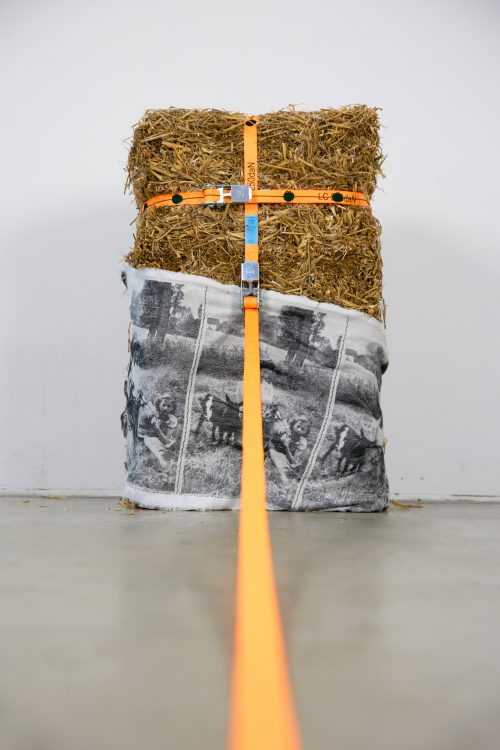
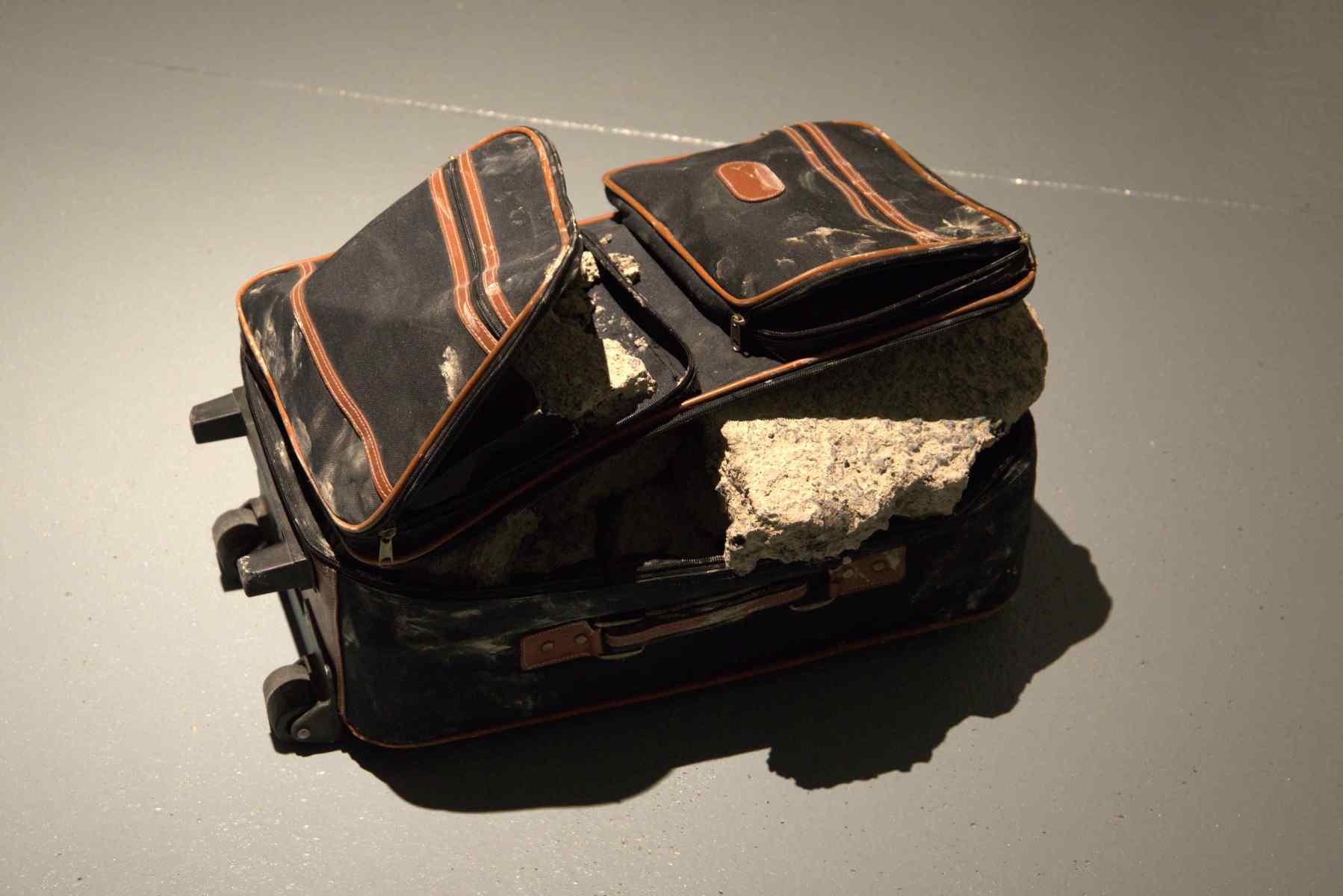
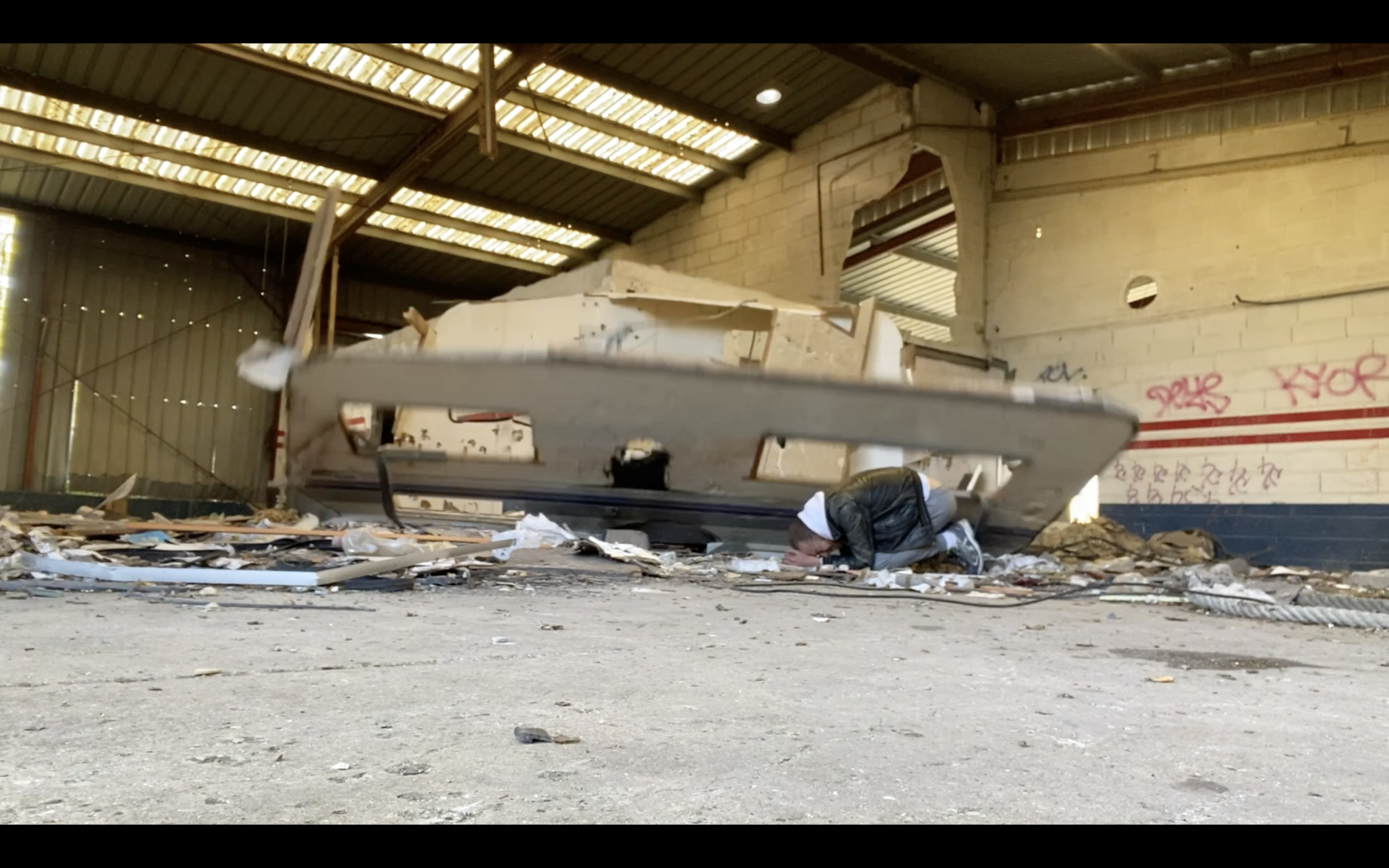
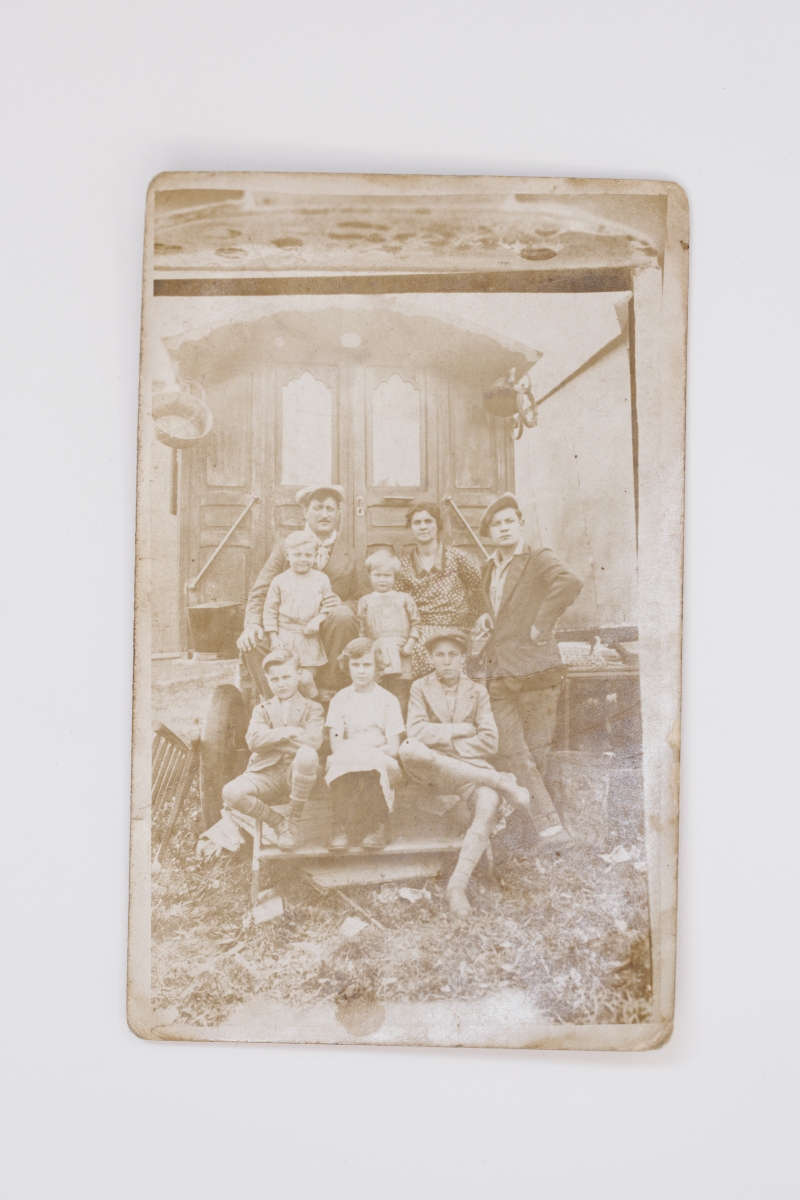
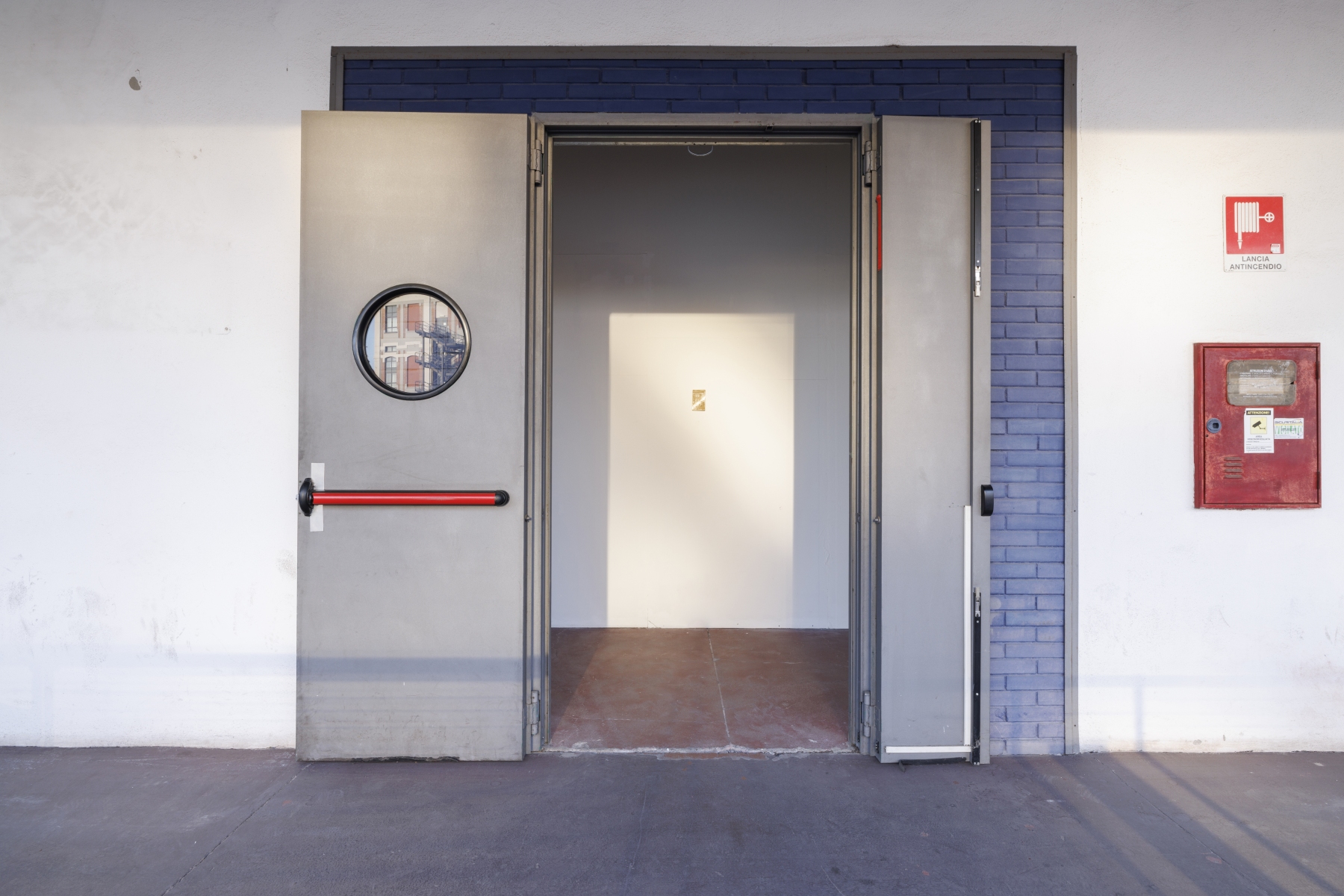
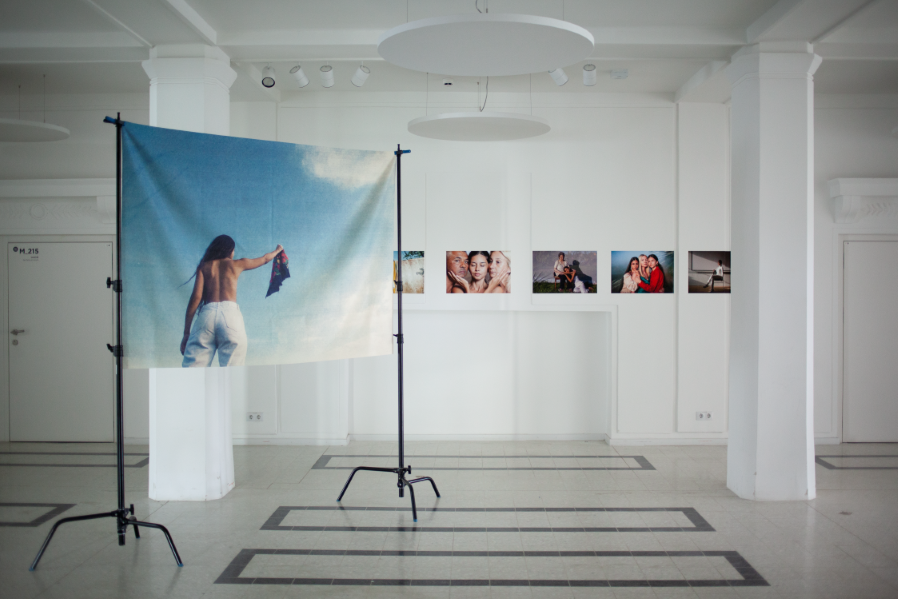
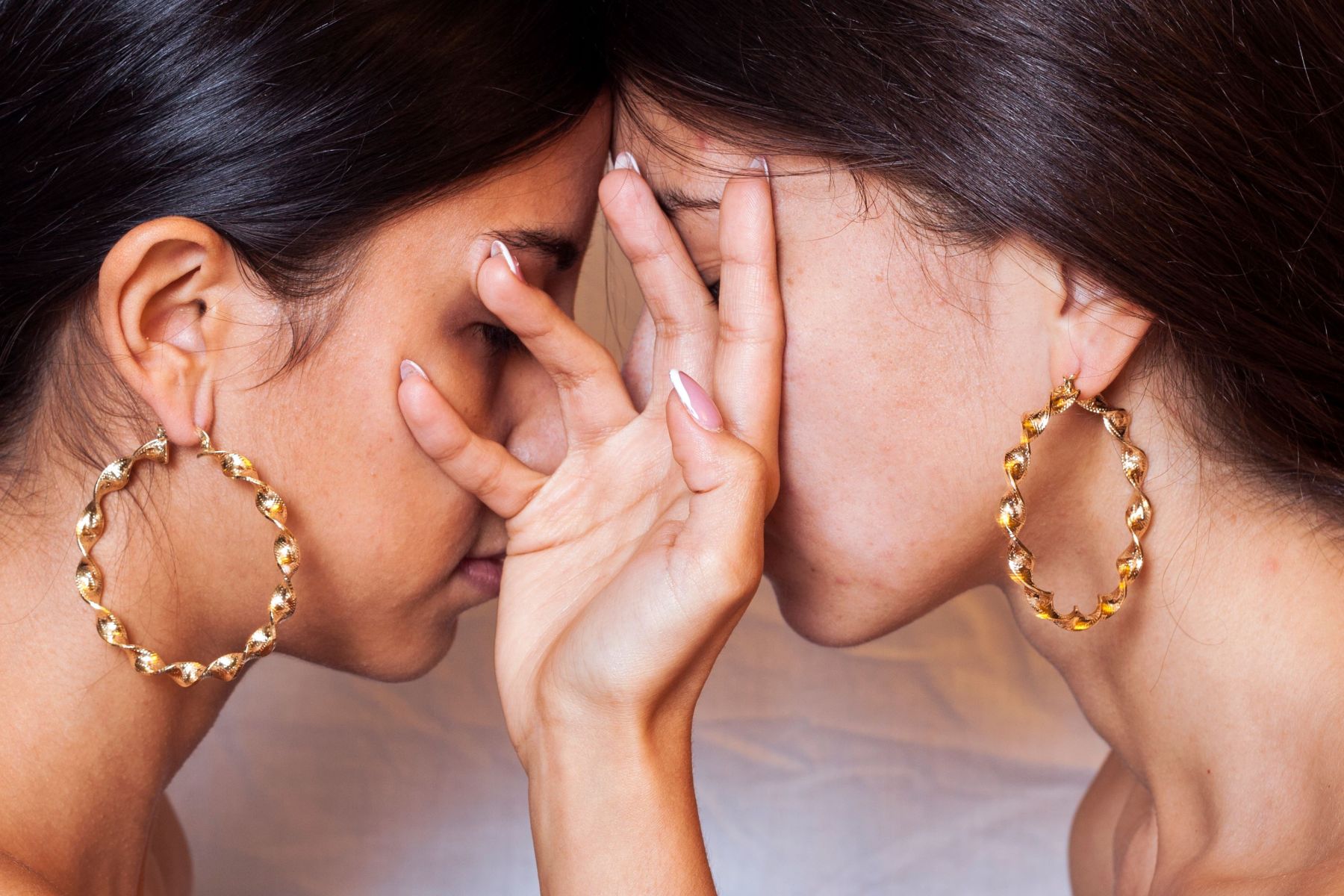
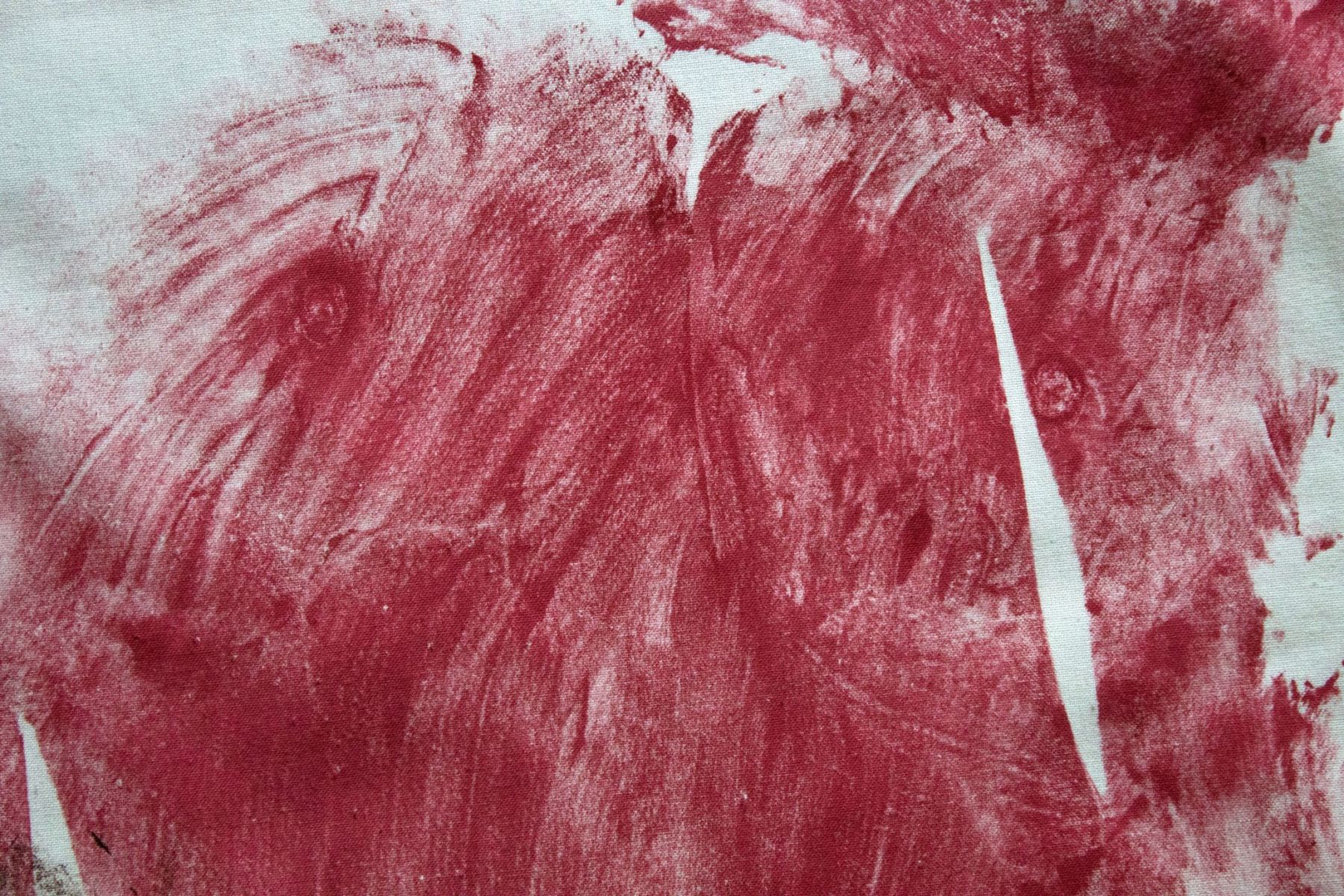
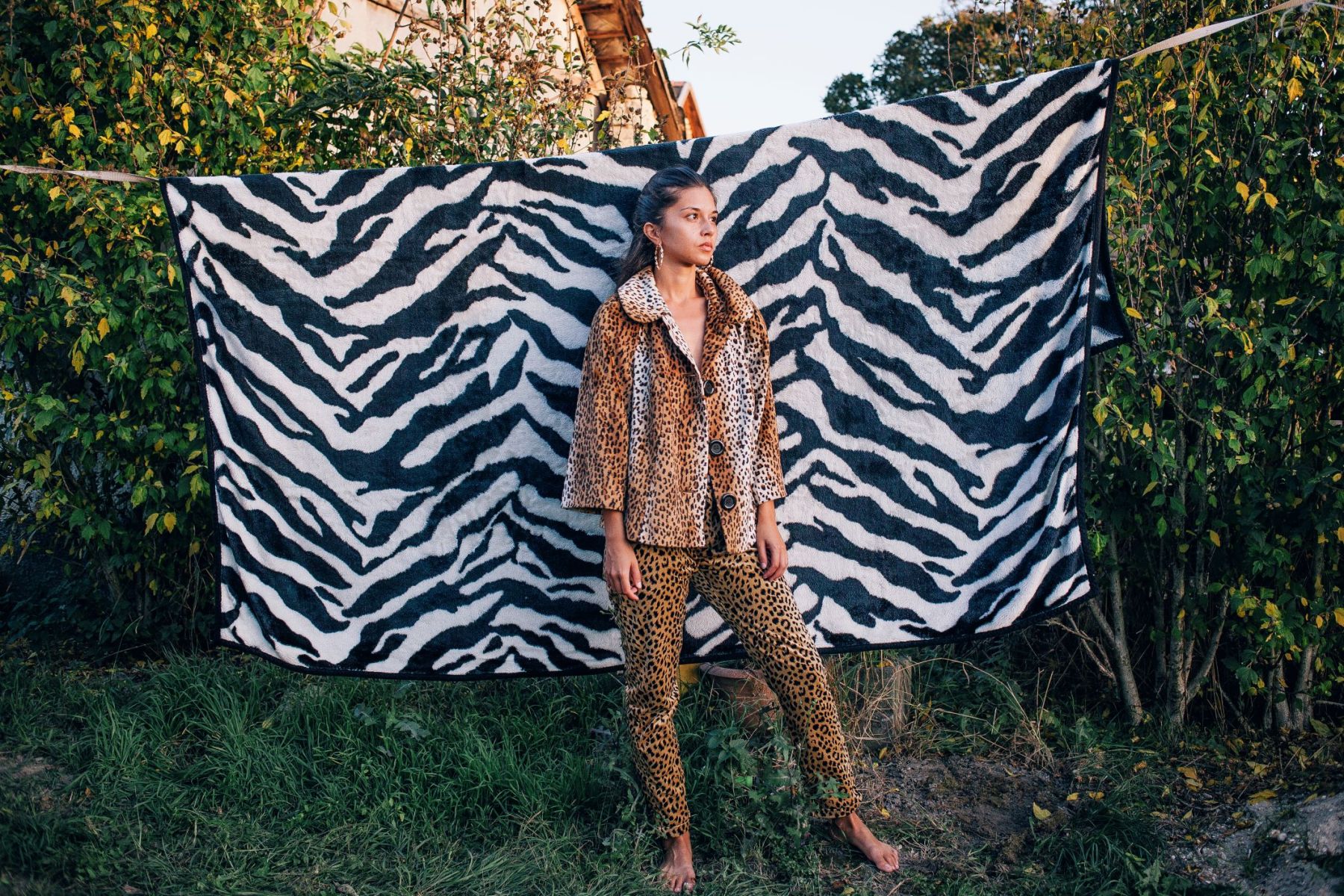
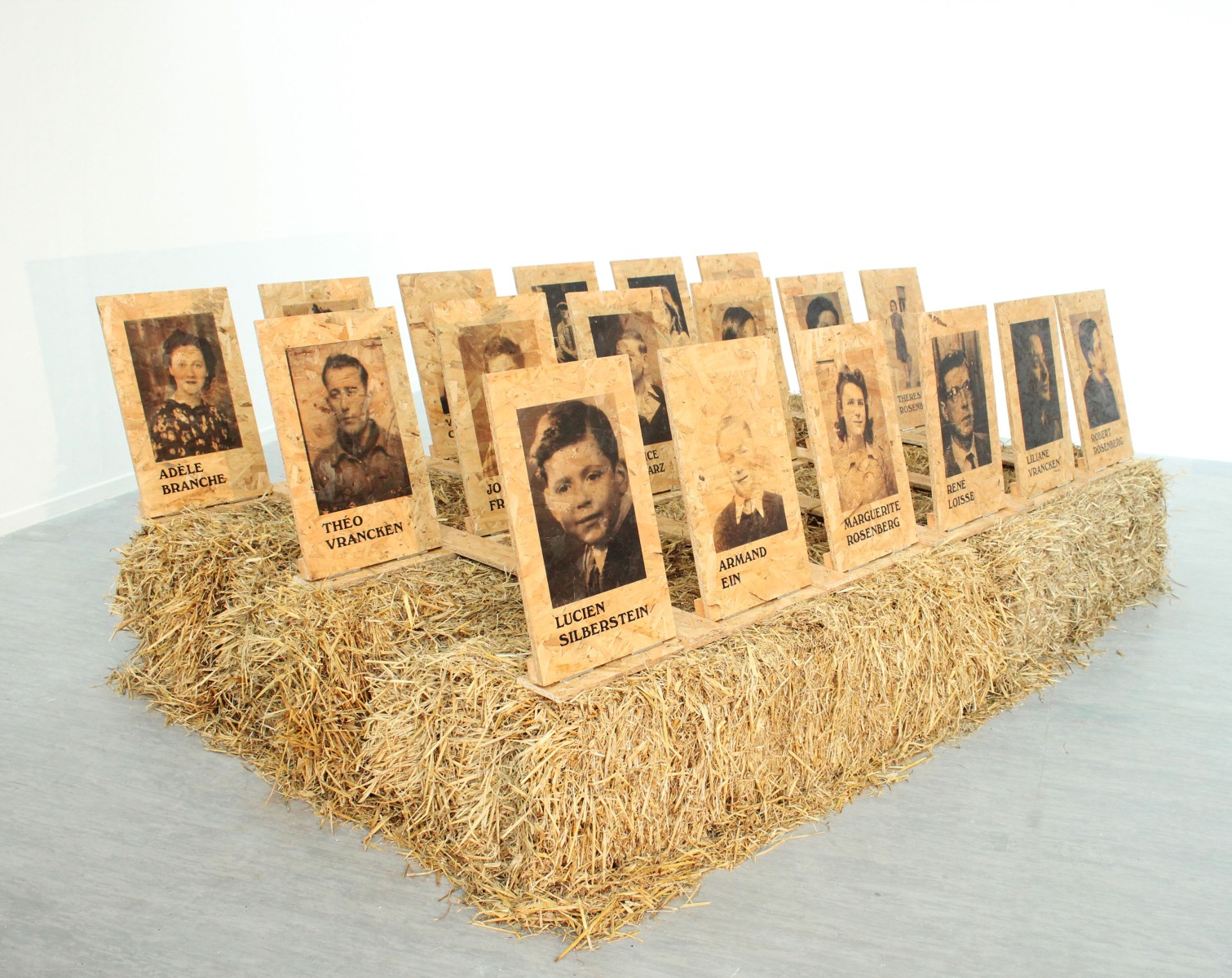
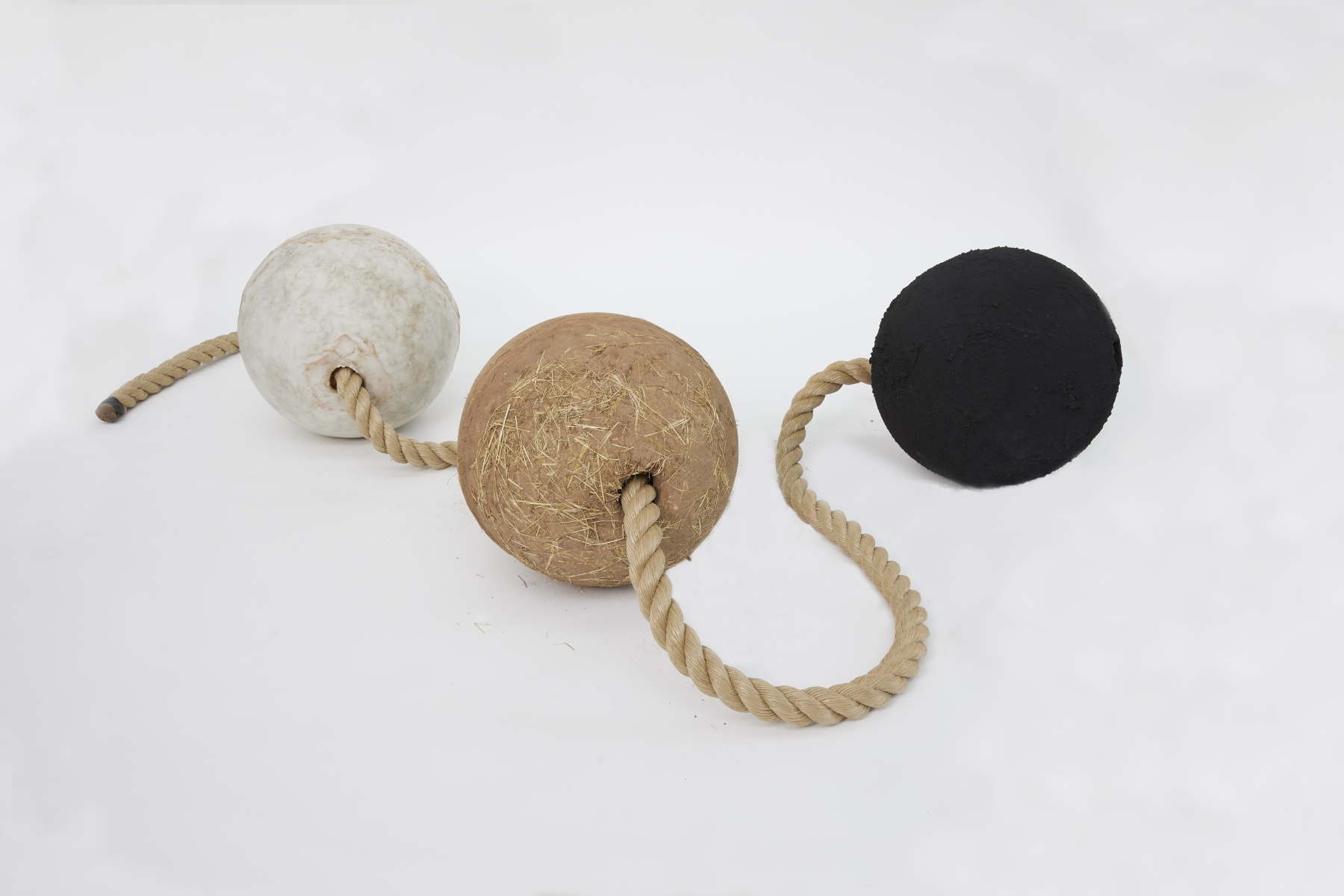
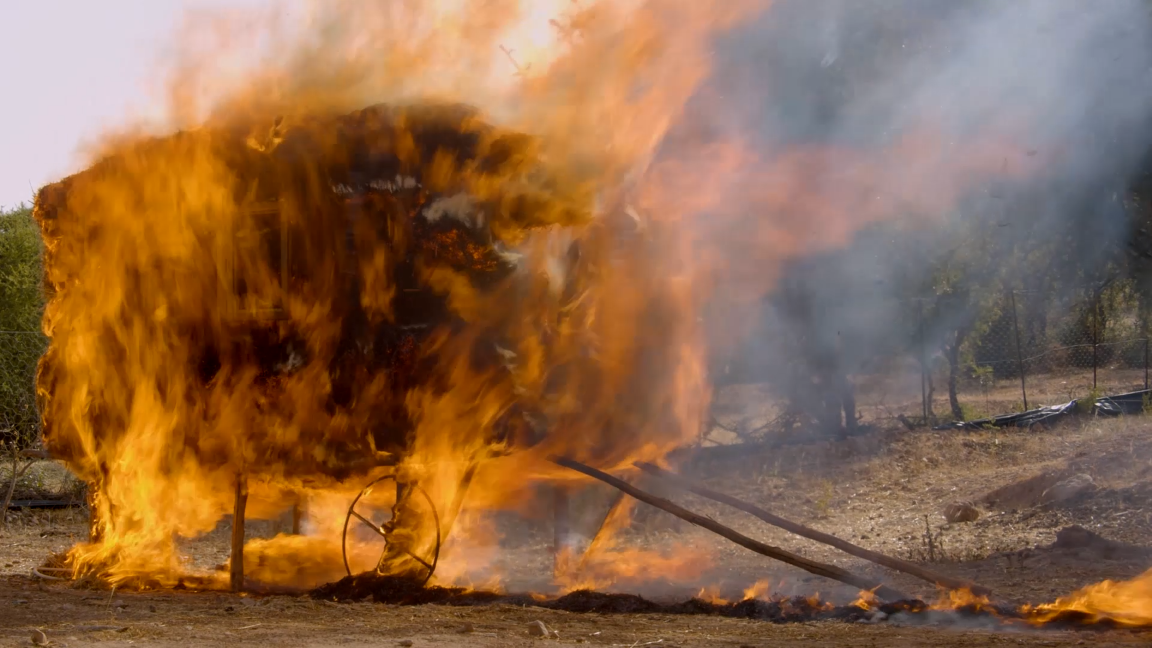
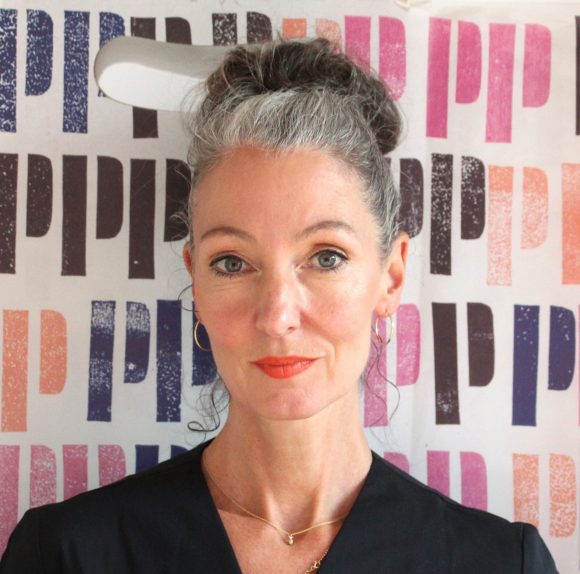
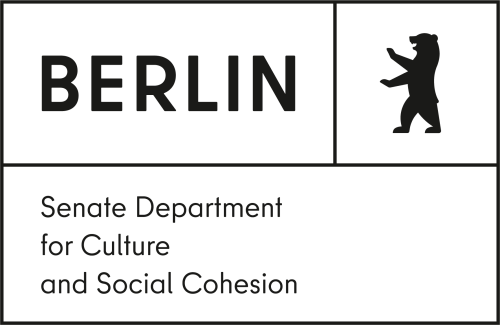
Leave a Reply